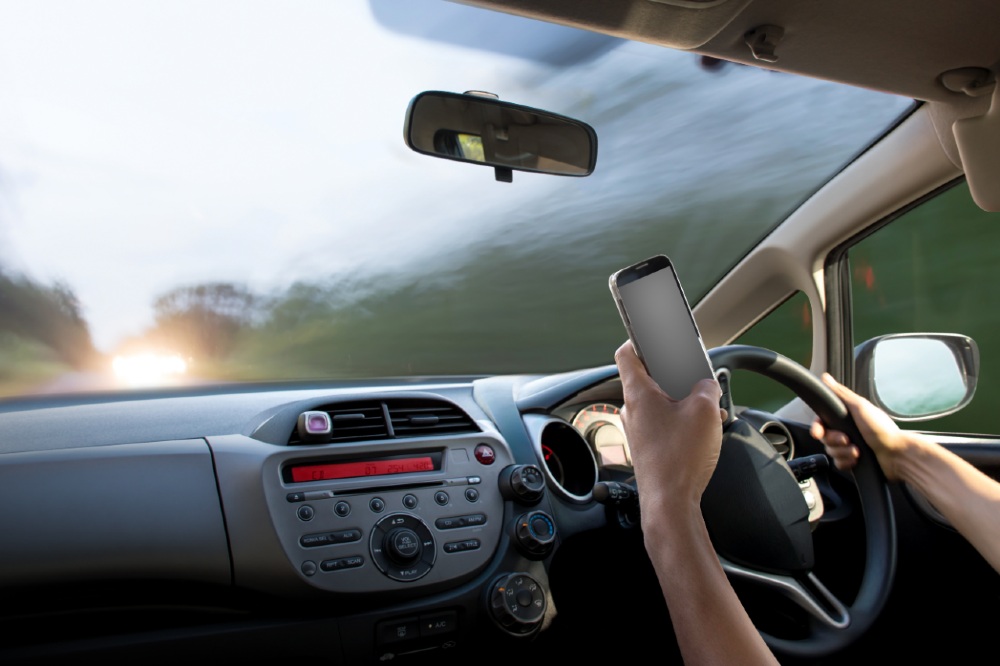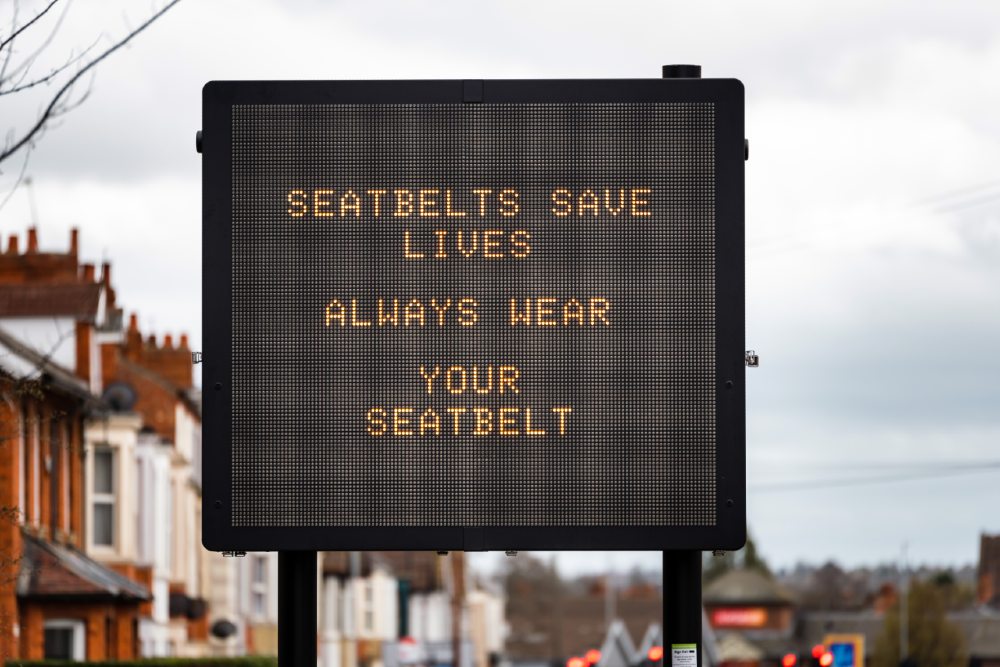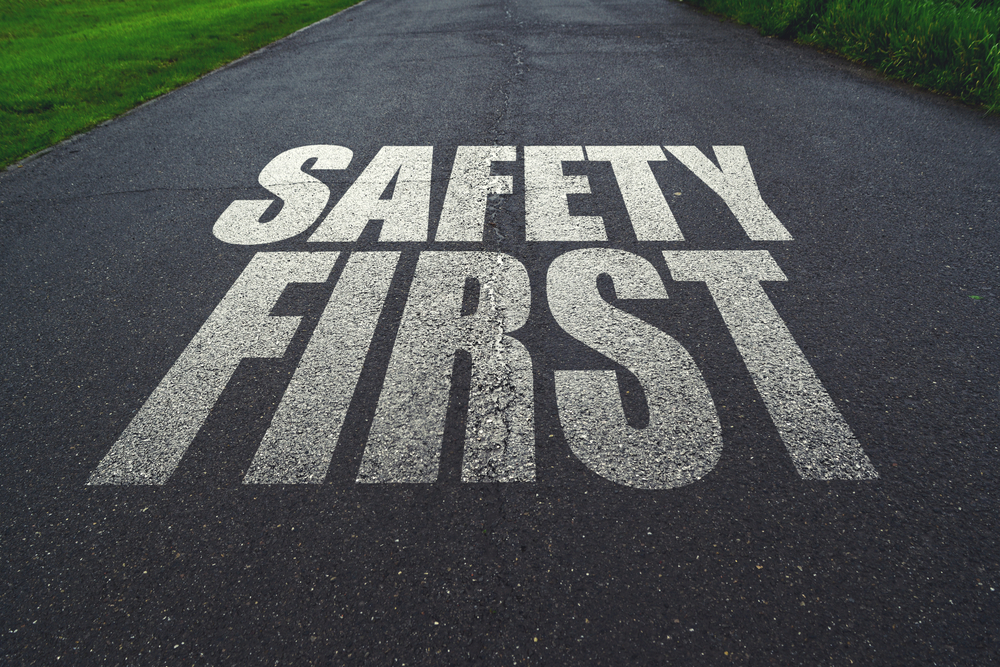Even though truck and car towing is our business, we would prefer if accidents didn’t happen in the first place.
1106 people were killed on Australian roads in 2020. That’s around 3 people per day.
Road Deaths By Road user
- Driver 49%
- Passenger 17%
- Pedestrian 12%
- Motorcyclist 18%
- Cyclist 4%
We all know speed is the cause of many road accidents, but there are a number of other common contributing factors. We’ve compiled a list of road safety tips to help minimise your chances of being in an accident.
Speeding Kills
Despite years of public awareness campaigns and safety messaging, speed remains the biggest killer on our roads. When you are travelling at speed it is harder to stop, more difficult to manoeuvre your vehicle and if you do collide with something, it will be with much more force. You also have less time to respond to unexpected conditions.
Stay Off Your Mobile Phone
Not only is using your phone while driving unsafe, it will cost you demerit points and result in a hefty fine. If your phone is resting on any part of your body you can also be fined. The only time you can touch your mobile phone while driving is when it is secured in a mounting affixed to the vehicle and only to receive or terminate a call. Mobile phone penalties in WA are set to increase from September 2020.
Don’t Drive If You’re Sleep Deprived Or Under The Influence
Along with speed and distraction, fatigue and drugs and alcohol are the other two most common causes of car accidents on Australian roads. All of them are preventable.

Apply Common Sense
Sometimes the best way to prevent road accidents is simply to apply common sense. Take responsibility, be courteous, take your time and drive to the conditions. Reducing the number of road casualties is something we all need to think about.
- Vehicle Maintenance – Having your car regularly serviced ensures it is in good mechanical order. Any major faults will be detected before they cause problems and you will be alerted to worn tires and brakes.
- Pull Into Traffic Slowly – Never assume anything on the roads. Look both ways and then look again. Just because a light is red doesn’t mean other vehicles will stop. There is always someone trying to rush through an orange light!
- Watch For Children & Animals – This is especially important around schools and residential areas where children are likely to be playing. Both children and animals have a habit of running out into the road from nowhere. Look, listen and slow down.
- Look When Reversing – Many of us rely on cameras and sensors when reversing but this technology is not always reliable. It can be slow to respond so by the time it catches up you’ve already hit something.
- Wear Your Seatbelt – Nothing else needs to be said. Wear your seatbelt.

- Stop Tailgating – Most of us are guilty of this at one time or another. No matter how frustrated you feel, it is never a good idea. If the driver or drivers ahead suddenly hit their brakes you won’t be able to stop and the accident will be your fault.
- Drive To The Conditions – Adapt your driving to the road conditions you are presented with. Heavy rain, fog, snow and ice are all extremely hazardous. Make sure you slow down, switch on your dipped-beam headlights and increase the distance between your car and the car in front.
- Hands On The Steering Wheel – Sounds obvious, but again, most of us are guilty of being distracted by children, food and stereos that cause us to remove our hands from the wheel. If your hands aren’t on the wheel, unexpected events, like a pot hole or a blown tire, could cause you to lose control of the vehicle.
- Plan Your Journey – This is especially important if you are going on a long journey. Plan your route, try not to drive at night and factor in rest stops so you don’t suffer from fatigue.
Book a Defensive Driver Course
All road users can benefit from a defensive driver course. It’s often presumed younger drivers need them the most, but older drivers who’ve been driving the same way for 30 years often learn the most! While defensive driver courses focus on risk management and driver attitude, they also cover all aspects of safe driving, including braking techniques, speed awareness, fatigue management and driving at night.
And if the Worst Does Happen…
Performance Towing WA is here to help. We cover most areas of Perth and there is no upfront cost because we bill your insurance company directly. If you’ve been in an accident call us straight away, any time of the day or night.

